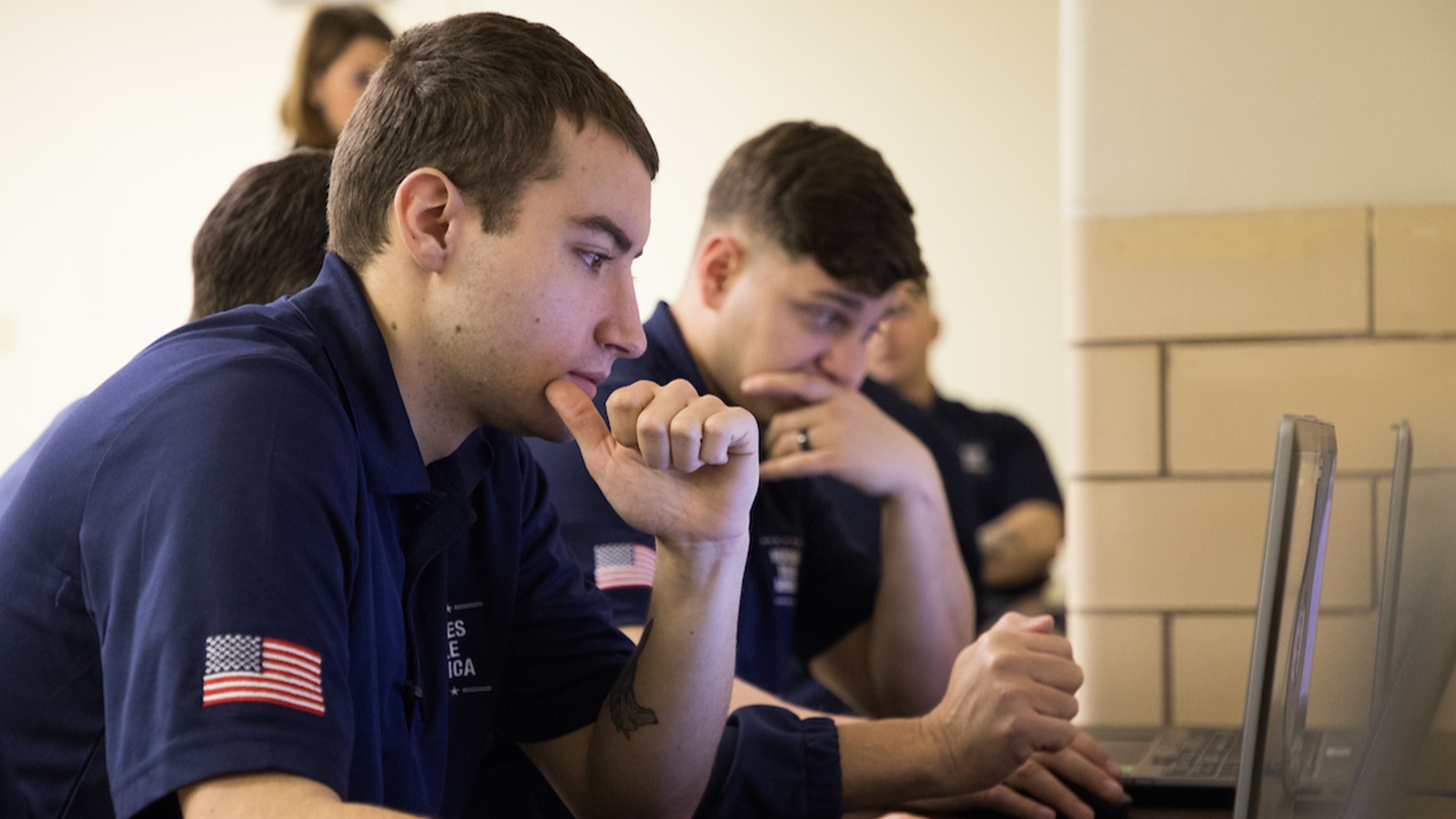What Manufacturers Should Know about Hiring Military Talent

With 200,000 people transitioning out of the military annually, in addition to veterans, reservists and military spouses, the military population represents a highly skilled talent pool that manufacturers are eager to tap. But how should they go about doing so?
At a recent roundtable, the Manufacturing Institute—the NAM’s 501(c)3 workforce development and education partner—brought together veterans who have transitioned successfully out of the military into manufacturing careers, as well as manufacturers who have prioritized attracting and retaining military talent. The panelists discussed how companies can leverage this talent, and here’s some of what they had to say.
A great fit: “If you look at manufacturing, a large part of the job is doing things well, day after day after day—and that’s essentially what happens in the military. It’s that military discipline. It’s one of the most compelling reasons why we should be aggressively hiring military veterans,” said Dow Global Business Director Greg Bunker.
- “We’ve got three principles in our organization that we call ROI: responsibility, operational excellence and innovation. We know that veterans bring each of these to the table,” said UnitedHealth Group Director of People Analytics Troy Vandenberg (formerly director of people analytics at Smithfield Foods).
Networking matters: Transitioning from the military to the civilian workforce can be difficult, but veterans who make direct connections with manufacturers often land excellent job offers. The MI’s Heroes MAKE America program facilitates those connections, offering veterans opportunities to meet manufacturers as well as support in the job search process.
- Nicole Rena, an Army veteran and now a shift operations manager at Smithfield Foods, applied to five jobs at Smithfield and didn’t hear back on any of them. But then the program manager at HMA contacted Smithfield’s talent acquisition department to ask if they could speak with Rena about why she wasn’t chosen, so she could be more successful moving forward.
- As Rena put it, “The first 15 minutes of the call was about what I could do better on my resume, but after talking about my background and what I was looking for, the talent acquisition lead said he was going to count this as my first interview.”
- She landed the job! In her 18 months at Smithfield, Rena has been promoted twice.
Language can be a barrier: Rena’s experience speaks to one of the disconnects identified by veterans and manufacturers alike—the language used in job descriptions and resumes. Veterans often do not know how to best describe their skills and experiences in a way that civilian employers can understand.
- To avoid missing out on great talent, the panelists advised, manufacturers should ensure that a leader with a military background is involved in the hiring process, to translate military lingo and skills into more familiar manufacturing terms.
- Manufacturers should also specify in their job descriptions whether they will accept military experience as equivalent to an associate’s or bachelor’s degree, Bunker advised.
Support is crucial: Once veterans have been hired, the company must ensure they are set up for success. “Transitioning is a really scary process for veterans. It’s very stressful. The support that a company can provide is huge,” said Meg Zehringer, a Coast Guard veteran and a corporate environmental engineer at National Gypsum.
- Employee resource groups are a great way to provide support to veterans while also serving as a platform to advocate for population-specific needs, the panelists agreed.
- To be most effective, ERGs should be run by employees, not human resources departments, noted Vandenberg. Bunker added that establishing connections between the ERG and company leaders is also key.
The last word: “Equally as important as the wording of your job descriptions and preferred skills is creating a culture that invites a diverse group of people. That’s going to play a huge factor in attracting veterans,” said Zehringer.
Get involved: If you are interested in learning more about HMA, its next Heroes Connect event will be a networking opportunity with Johnson & Johnson on Wednesday, Jan. 25.
- You can also tune in to (or share with interested veterans) this Veterans Learning Series workshop on how to use LinkedIn effectively, coming up on Thursday, Jan. 26.
- And last, HMA will be hosting a virtual hiring fair in late February. Keep an eye on the MI website for updates!